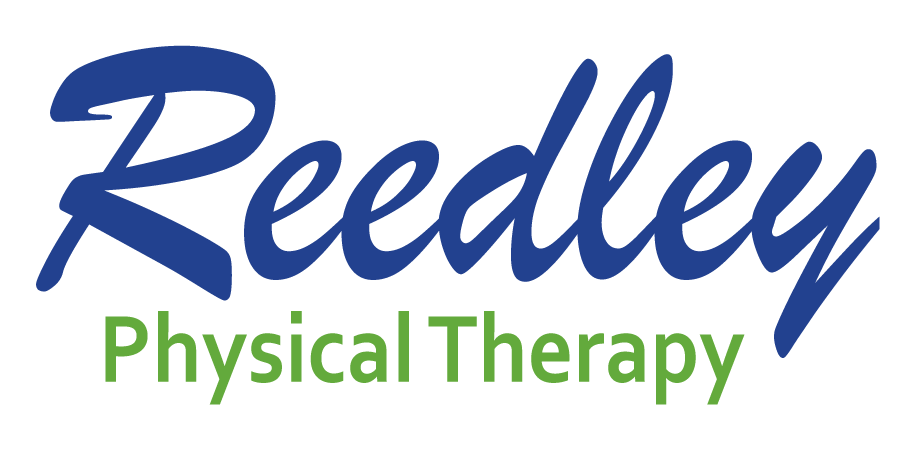The future of medicine: P4
Almost every industry around the world has been going through a dramatic evolution in recent years as leaders find new and creative ways to utilize rapidly improving technology and information systems. It is not surprising that manufacturing plants are becoming increasingly mechanized and that robots — whether those that exist as code on your computer or as physical machines — can do everything from monitor our energy grids to drop bombs a world away. It may be more surprising, however, that they are also working diligently to improve the way that we provide health care.
You may remember Watson, the super computer that easily beat every human it competed against on the popular game show “Jeopardy.” What you may not know is that Watson no longer competes on game shows, but instead, spends 24 hours a day working to find new ways to cure cancer at the Memorial Sloan Kettering Institute. It may seem improbable, but the information processing capacity that a single computer can manage far supersedes even entire teams of experienced oncologists. As Watson reviews, essentially every piece of research and data related to every kind of cancer, he is able to match individual patients with the optimal treatment plans, thereby saving lives across the country.
Dr. Chris Telesmanic is a Doctor of Physical Therapy at Alliance Health in Fresno. He alternates writing this column with Dr. Maria Fermoile. Both will be happy to answer questions submitted to maria@reedleyphysicaltherapy.com or chris@reedleyphysicaltherapy.com. Learn more about movement, fitness and health in this space each week, on our Facebook page, by going to www.alliancehealthfresno.com, or calling 478-5833.
This article first appeared in the Hanford Sentinel, Movement is Medicine column, written by Alliance Health.


